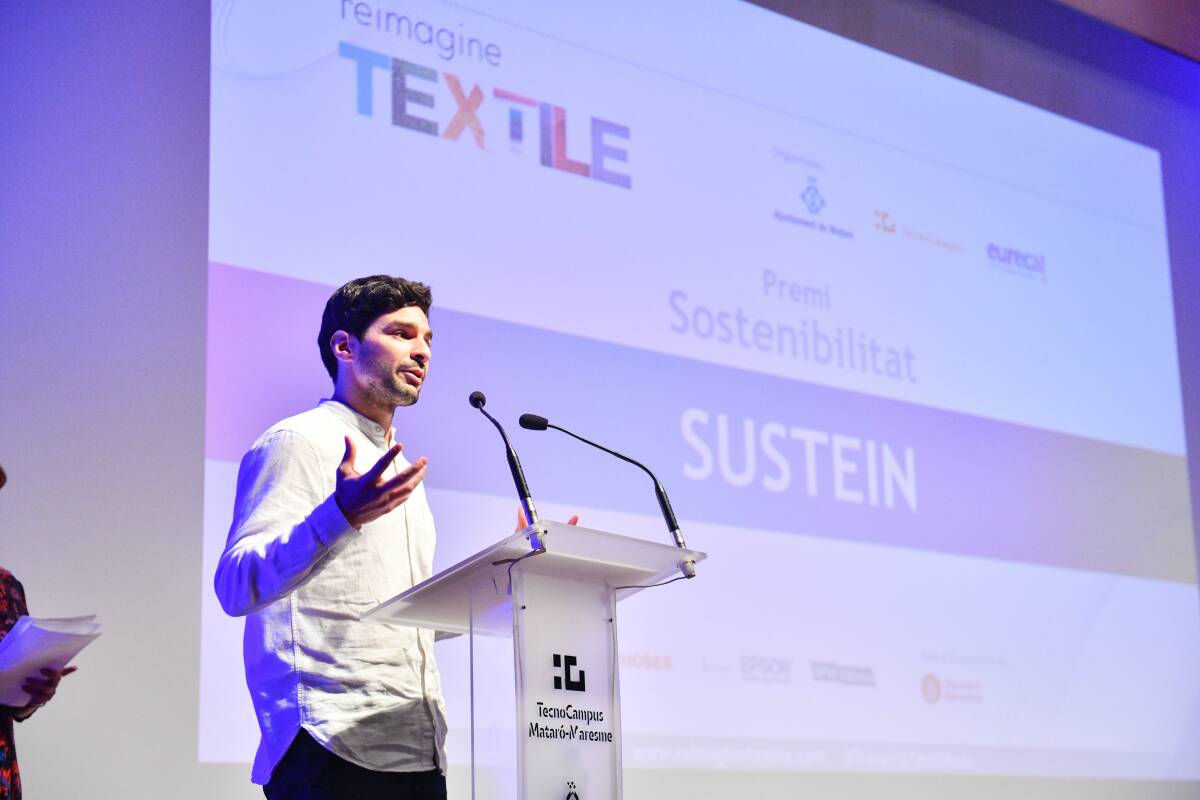VALENCIA. That virtually everything we use could be returned to value through recycling is something more and more startups are demonstrating. But there are also those who use more imagination than others and see ordinary waste as an opportunity to launch an original business idea.
That the mussel shell could be used to create ecological litter for cats is an idea that the team Eco-Celtic after five years of research. The Galician company is mainly dedicated to vermiculture, the production and sale of organic fertilizers and substrates, and the biological management of organic waste.
As part of their product and service innovation activity, they saw an opportunity to use common waste on the Galician coast, such as mussel shells, providing a local solution and a sustainable alternative to mining. Canning companies in Galicia produce around 90,000 tons of mussel shells annually, with a consequent impact on the environment. In search of a solution, Ecocelta, together with representatives of the canning sector and shellfish cleaning plants, launched a project in 2017 to develop the Celtacal Method. This research enabled the development of a biofertilizer called Celtacal, the first organic liming fertilizer registered in the world, made from mussel shell as a raw material.
The result of the same method is a product called Arenamar, the first organic litter for cats in the world, which also prevents odors from litter boxes, since the composted calcium carbonate absorbs urine and neutralizes odors. Sand is already sold in distribution centers such as Gadisa.
sneakers with tennis balls
With the name NoTime, what the founder of this startup wants to imply, Jorge Calle Martinez, is that there is no time to waste if we want to, if not reverse, at least maintain the progress of climate change. To this end, he created a sneaker brand Notimeecbrand made from discarded tennis and paddle balls and paper. To also adhere to social responsibility, they collaborate with the A La Par Foundation for people with mental disabilities. This helped the project win the 2022 Madrid Social and Environmental Business Award.
The company, born in January 2022, is still in its infancy and with Calle Martínez as the sole person responsible for the project after the other three founding partners decided to leave the business path.
When it comes to the next step, they themselves are in charge of the logistics and collection of tennis and padel balls and then hand them over to an external recycling company and then to the shoe manufacturer, who ensures the entire production of the product. Sales are made through their e-commerce. In addition to sneakers, they also sell socks and T-shirts.
Sanitary waste for the construction industry
100% of medical waste ends up in landfills and incinerators in an industry dependent on single-use plastics. Globally, it produces more than 70 million tons of waste per year. On the other hand, there are construction materials that are responsible for 50% of the extraction of natural resources and half of the total volume of landfills. Seeing both issues and creating synergies between the two industries Sustein They propose to change the status quo of healthcare waste and turn it into building materials.
With this circular economy solution, healthcare waste is subjected to a patented technological process of transformation and recycling, resulting in a useful raw material for the production of thermal insulation products and chipboard. This allows them to create part of buildings and composite walls for the construction of houses.
An idea, promoted Simon Gonzalez and Esther Milanoit has already won numerous awards, most recently in the Smart Builders Pitch Competition organized by Aticco.
Orange peel coatings
And if in Sustein they use sanitary waste as a raw material, v Novapedra They resort to organic waste, especially orange peels. The company, which is still awaiting incorporation, results from Emiliano Altamirano and his partner, who, after numerous tests, managed to create a stone made from organic waste that is assimilated with conventional ceramics and at the same time eliminates CO2 emissions.
It is an invention that they have already patented and which is used both for the production of design and decorative objects and for covering floors and walls. As an added detail, the stone is coated with essential oils from plants and flowers, so objects and surfaces covered with this stone emit a clean and fresh aroma.
duck feathers
But neither recycling nor the circular economy is a new invention. There are companies that have been consolidated for years and know how to turn waste into their main source of wealth. Take the case as an example Navarpluma company based in Navarre that finds its raw material in slaughterhouses and then sells duck feathers all over the world.
It is currently the factory with the highest production capacity in Europe and the benchmark in the pen world, so much so that roughly 90% of its turnover comes from exports. We sell in countries such as France, Germany, Denmark, Norway, Morocco, South Africa, Lebanon, Cambodia or Myanmar. To later say that profiting from everything is not profitable.



